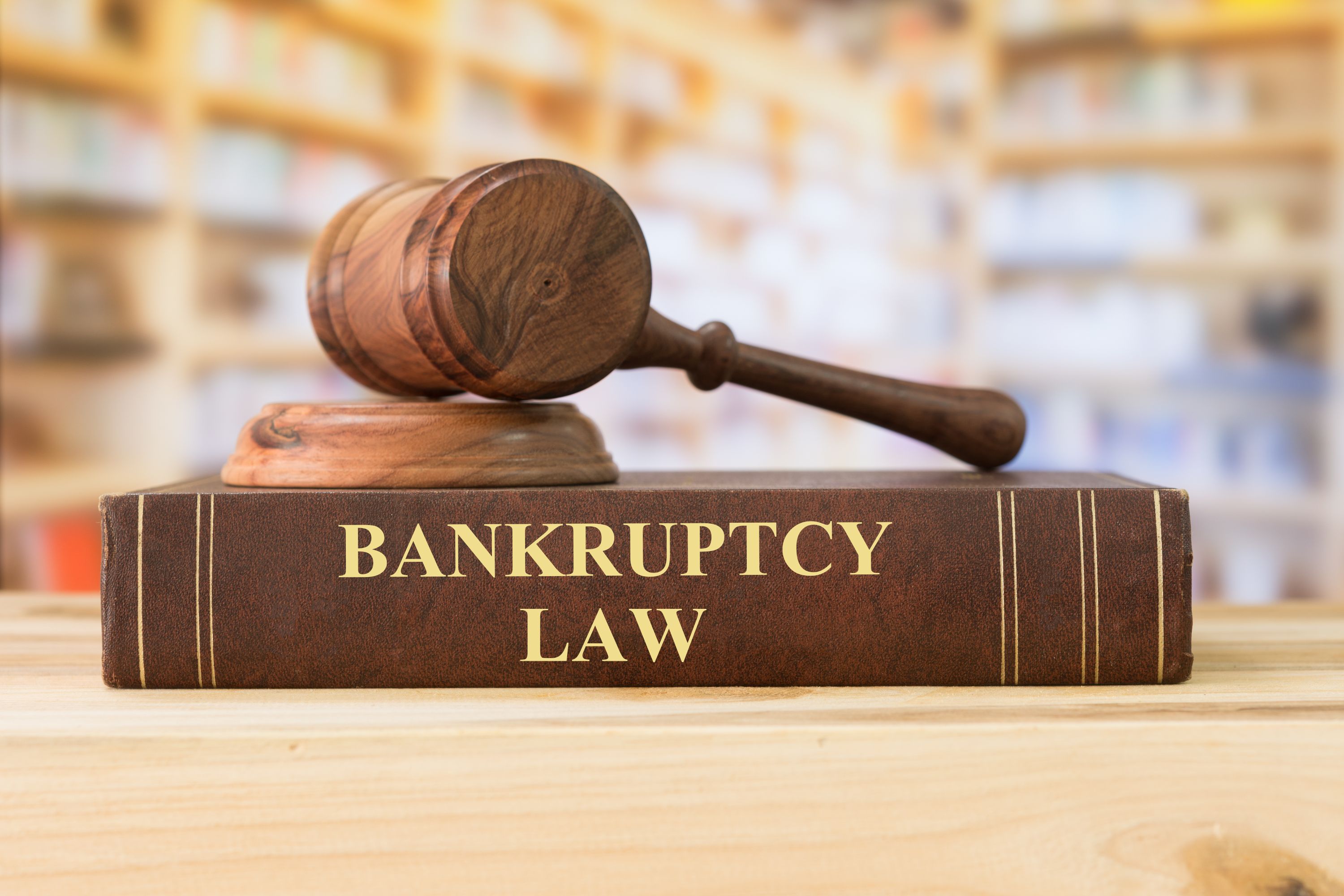Chapter 7 Bankruptcy Protection Facts
Since the world economy was sent into a tail spin, there has been a lot of attention focused on Chapter 7 Bankruptcy. Chapter 7 is part of Title 11 of the U.S. Code and governs the liquidation of assets. It is the simplest form of bankruptcy and is available to individuals as well as businesses. The bankruptcy court appoints a trustee who is charged with liquidating the debtors assets and paying creditors. Some property is exempt.
The best way to find out how to file Chapter 7 Bankruptcy paperwork is to contact a bankruptcy attorney. There are lawyers that specialize in this field, and they are intimately familiar with the necessary paperwork. There are also several internet sources of information on how to file Chapter 7 Bankruptcy.
While bankruptcy under Chapter 7 allows you to discharge all of your credit obligations, it is devastating to your credit score. It stays on your credit report for ten years, and can prevent you from getting credit cards or a loan. You will also be required to attend debtor counseling and education sessions prior to filing. As well, there is a means test to determine if you qualify for Chapter 7.
Chapter 7 will not discharge all of your debts, as some are exempted. Delinquent child support or alimony cannot be discharged, and can affect your ability to file at all. Income taxes cannot be discharge, and student loans are extremely difficult unless the debtor can prove that paying the student loan will create an undue hardship on them and their family.
Chapter 7 Bankruptcy information is available from the American Bar Association. There is also information available on the state bar association websites, where you can find downloadable forms and pamphlets regarding Chapter 7 Bankruptcy information. You can also find information on Chapter 13, as well as alternatives to filing for bankruptcy.
There are a few alternatives to Chapter 7. These should be considered as well, because of the devastating and long lasting effect Chapter 7 can have on your financial future. One alternative is Chapter 13 bankruptcy. Under Chapter 13, the debtor provides a payment plan over a period of 3 to 5 years. The creditors do not have to agree to this plan for it to be approved by the courts. So long as the payments are made as required by the court, then the debtor will not have to surrender any personal property.
There are other alternatives as well. Many debtors are successful in reaching out of court settlements with their creditors. Most creditors are more eager to do this than to allow the case to go to bankruptcy court. Consumer credit counseling is also an alternative to bankruptcy, where a non-profit organization helps the debtor negotiate with creditors and creates a plan for repayment of the debt. Timing is crucial with these alternatives to Chapter 7 bankruptcy, as the creditors will be more open to negotiation at the outset of financial distress than after a long period of non payment.
Category: Attorneys & Lawyers - Bankruptcy
Related Articles
- Attorney Ratings and Reviews Where to Find them
- What a Bankruptcy Lawyer Does and How Much They Charge
Business News
Popular Posts
- Universal Pursuit of Happiness - Wisdom from World Religions
- Overcoming Ego and Self-Centeredness - Lessons from World Religions
- Transcending Materialism - Spiritual Practices from World Religions
- Overcoming Prejudice and Intolerance - Guidance from Global Faiths
- How Mind Balance Can Improve the Mindsets of Employees
- Interfaith Insights by 1WorldPeace - The Top 100 Universal Beliefs in Global Spirituality
- Bridging Beliefs - Finding Common Ground in Love and Respect
- The SmartGuy Vision - A United Future Through Interfaith Love and Respect
- A Cautionary Vision - The Grim Future of a Divided World Without Love and Balance
- A Tapestry of Faiths - Exploring the Common Threads in World Religions
- Fostering Harmony Among Christianity Islam Buddhism Hinduism and Judaism
- Preparing Kids for Adulthood - 15 Vital Skills They Wont Learn in School
- Navigating Diversity - Jerusalem's Tactical Approach to Interfaith Harmony
- Clearing Mental Plaque: The Path to Enhanced Communication and Divine Connection
- Why Return to Jesus Christ and the Church
- Top 50 Ways to Live Longer
- Adventurous Romance -The Key to Enhancing Relationship Chemistry
- Pork Tenderloin with Mustard Cream Sauce
- Navigating Technology and Media for Optimal Mental Well-Being
- Understanding the Link Between Mental Health and Substance Abuse
